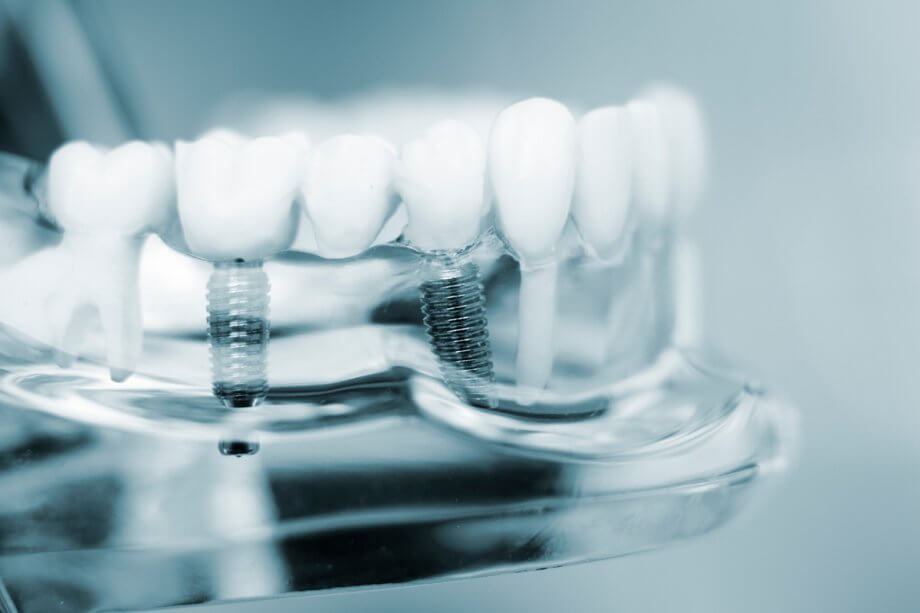Because they are the only solution for missing teeth that prevents bone loss in the jaw, dental implants have become the treatment of choice for most dentists. Many of our patients are apprehensive about getting dental implants, but understanding each step of the process can help you know what to expect. Rest assured that once the process is complete, our patients are thrilled with their new smiles!
Here's a guide to the dental implant timeline.
1. Consultation and Imaging
During your consultation, we'll make sure you're a good candidate for dental implants and discuss your goals for treatment. While some dental practices take radiographs during this consultation, we use a modern cone beam scanner, which provides us with three-dimensional imagery and a full 360-degree view of your teeth, all while emitting significantly less radiation than traditional radiographs. This imaging allows us to come up with the most effective treatment plan for your goals and create an accurate representation of your teeth and jaw on our computer for planning your surgery.
2. Tooth Extraction
The next step in the dental implant timeline is to extract any teeth that need to be replaced with dental implants, if they haven’t already been removed. You will usually have time to heal in between your extraction and your implant placement, although there are some types of implants that can be placed on the same day as an extraction.
3. Bone Grafting
In some circumstances, bone grafting may be recommended prior to dental implant surgery. In order for implants to be implanted successfully, the jaw must have sufficient bone density. If your CBCT scan shows that your jawbone doesn’t have the bone mass needed to support dental implants, we'll use natural or synthetic bone grafts to encourage new bone formation. It can take several months for bone to grow, but this is an important step when it comes to avoiding dental implant failure.
4. Dental Implant Placement
During your dental implant placement, the implant fixture that replaces the root of your tooth is inserted into the jawbone. We make a small incision in the soft tissue in order to access the upper or lower jawbone. While many patients are most nervous about this part of the dental implant process, you can feel confident knowing that you won’t experience any pain because the area where we’re working is completely numbed. If needed, we can provide you with a safe, effective form of dental sedation to keep you relaxed and calm during your procedure.
5. Osseointegration
Osseointegration is the most important step in the dental implant timeline, and it doesn’t even happen at our office! It’s the term used to describe the process in which your implant and jawbone fuse together to create a stable base of support for a restoration. This process can take months to complete, but it's important not to rush it because it's critical to the success of your dental implants.
6. Abutment Placement
Most implant-based restorations require an abutment, which is a small piece that connects your implant to your prosthetic tooth. Although abutment installation can be performed at the same time as dental implant placement in some cases, it is more commonly performed as a separate procedure. There are also some types of implants that don’t require abutments, like mini dental implants (MDIs).
7. Restoration Attachment
Following the abutment placement, your prosthetic teeth will be attached to your dental implants. A crown is used to restore a single missing tooth; multiple crowns, a bridge, a partial denture, or a full denture may be needed when more than one tooth is being replaced by dental implants. We design each restoration to match your natural teeth in shape, size, and color.
8. Maintenance
Brush for two minutes twice a day and floss at least once a day; depending on the type of restoration you have, you may also need to floss under your prosthesis or even take it out for cleaning. Maintain your oral health by visiting our office every six months for comprehensive oral evaluations and dental cleanings to ensure that your dental implants last a lifetime.
Learn More About Dental Implants
Are you interested in learning more about dental implants? Contact us today at 440-247-8641 to schedule an appointment for a consultation.

